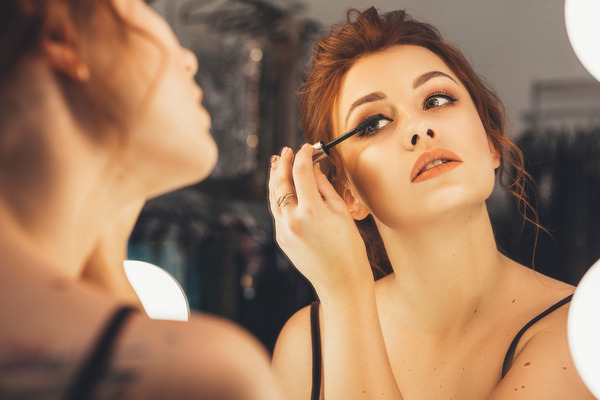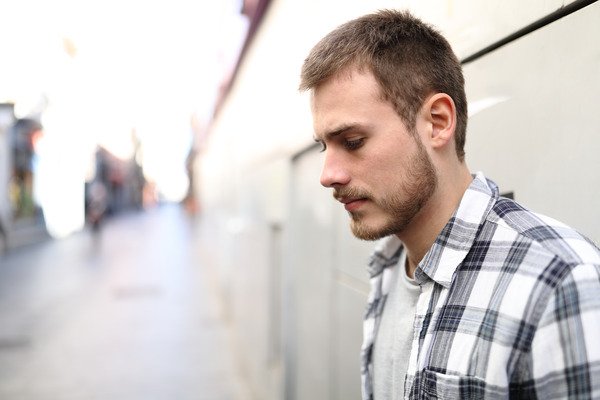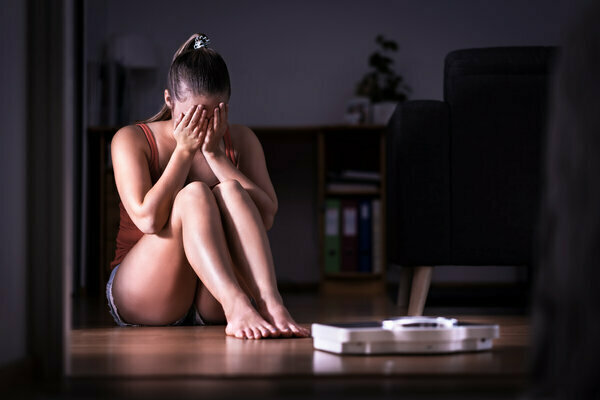How do Instagram filters affect us? What effects can these distortions have on our mental health? Discover the psychological problems that their abuse can lead to.

The instagram filters They make possible aesthetic realities that would be very difficult unless we underwent surgery: having more defined cheekbones, thicker lips, a thin nose, outrageous eyelashes, bright eyes, among others. All these changes are possible not only to have beautiful photos for a profile on our social networks, but also to record videos with a more than modified appearance.
Although the use of these filters for photos and videos It may seem like something unimportant, the reality is that due to the increasing weight that our social networks have, these modifications end up affecting society’s beauty standards, something that can also end up damaging the self-esteem of the people who use them with more frequently.
Are Instagram filters harmful?
Some medical journals have named this phenomenon related to instagram filters as ‘Snapchat dysmorphia’, referring to the first social network to launch masks that deformed the face in real time. These first filters allowed you to see funny or funny objects or facial deformities. But, now, these filters have gone to another level. So much so that filters have become one of the most used tools in videos and photographs today. These are some of the problems that may be related to the abuse of these filters:
- Unattainable beauty standards: When the deformations on the face and body were more than evident, especially with the first versions of this filter, there was no problem at all. But, now, these modifications are imperceptible, which creates a distortion of reality and even unattainable beauty standards.
- Self-esteem problems: The main problem and the most alarming of all that the normalization of the use of Instagram filters may entail are those related to self-esteem. People can deteriorate their self-esteem as they compare themselves to the modified beauty of both themselves and others through instagram filters
- Body dimorphic disorder: About this, the Journal of the American Medical Association (JAMA) warns that this phenomenon is not only giving rise to new self-esteem problems that could even lead to body dimorphic disorder, that is, a condition characterized by excessive concern about body image, and an irrational perception of one’s own self. body.
- Anxiety: In addition, filters can not only harm our self-esteem, they also create other problems such as anxiety or FOMO (Fear of Missing Out).
- Obsessive-compulsive disorder: Due to Instagram filters and other social networks like Tiktok or Snapchat, there are increasing demands in aesthetic surgery centers to perform operations in reference to some modifications that are carried out through them. In some cases, people who try to fit into this digital beauty can transfer to the real world in the form of an obsessive disorder.
These are some of the main problems that can arise Instagram filters and other social networks The reason is that the perfect face that we can see in them is hardly surpassed by reality.

Self-esteem in the age of digital filters
The negative effects of this type of filters They can persist even when they are no longer being used and users can see their face again without any distortion. In fact, when using these filters, people tend to compare their ‘real self’ with the ‘airbrushed self’. By doing so, it is obvious that the natural image can never live up to the one that has been designed through a beauty mask.
The essential danger of these filters is that they end up damaging both our self-image and our self-esteem. Furthermore, if you become accustomed to seeing yourself through a distorted image, people can develop a dissociative disorder, which ends up leading to not recognizing themselves in a photograph that has not been retouched.
The social pressure exerted through these beauty standards can be very dangerous, especially in adolescents. The reason is that it is not healthy that at the stage where we are forging our identity, people are exposed to a fictitious standard created by social networks. Trying to fit into this digital beauty can lead to an obsessive-compulsive disorder, such as the so-called ‘Snapchat dysmorphia’, which is defined by a very persistent concern for physical defects and imperfections that are apparently imperceptible to others, but that They cause deep discomfort in those who suffer from them.
Given these effects observed in the instagram filters and other social networks, it is vital that people move away from the ideal of perfect beauty that they create due to their use. What we see on the Internet, especially in the case of photographs and videos, does not mean that it is reality.








